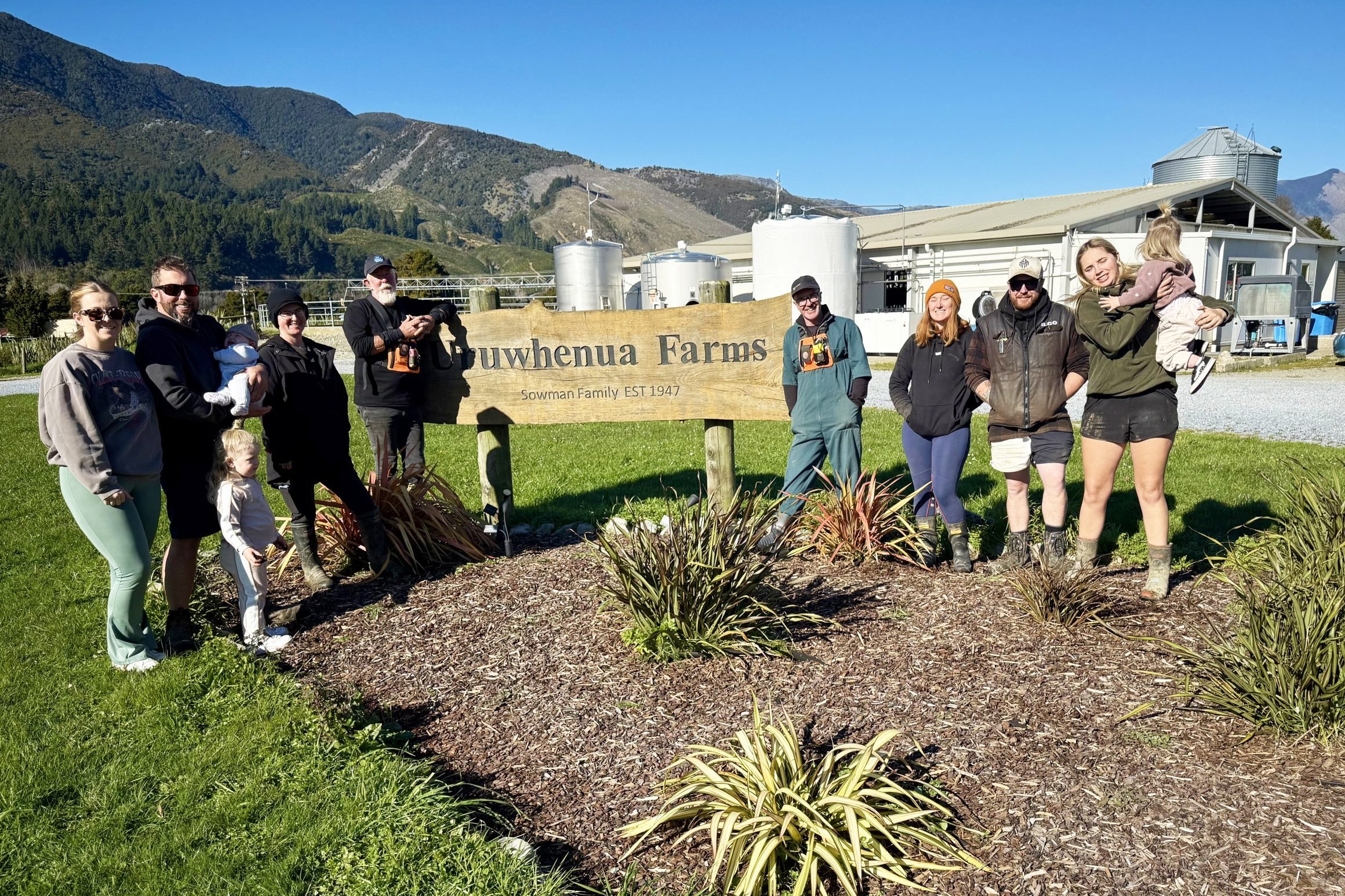BY: CHRIS MCCULLOUGH
Wool has become a major casualty of the Covid-19 era rendering it a virtually worthless commodity since global markets closed down.
Thousands of tonnes of the once high in demand product have been stockpiled around the world in the hope of better future markets.
Some farmers have tried in vain to find alternative markets for their wool, such as insulation in the construction industry and for mulching in gardening. Others gave up hope of finding an outlet and simply left it to rot or burned it.
Sheep farmers know their animals must be shorn for welfare reasons but when the cost of shearing is over four times the value of the wool then it becomes a huge financial burden.
The cost of shearing sheep in the United Kingdom varies from £1.50 (NZ$3) to £2.50 (NZ$5) per ewe depending on the numbers presented in the flock to the shearer.
For the past three years Jayne Harkness Bones has been the joint depot manager at the Ulster Wool Group in Northern Ireland. Jayne is no stranger to New Zealand as she has been involved in many wool handling competitions here over the years.
Bones recognises the global demand for wool has fallen and hopes next year witnesses a recovery in the market.
“The world faces the most severe recession in its history due to the Covid-19 epidemic.”
She says the global market for wool shut in February this year and has only started to open up again since June. February to May is normally the busiest selling period of the year with 44% of the annual clip sold during this period last year.
As a result the parent company, the Wool Board, who sells the wool on behalf of Ulster Wool producers, has about 4.5 million kilogrammes of unsold stock out of a total 2019/2020 clip of 27 million kilogrammes.
About 50% of the wool produced in Northern Ireland is sold in the UK, 25% to China and the remainder to Europe and Japan. Although prices have dropped up to 50% in some cases, farmers continue to send their wool to the Ulster Wool Group as there are few alternative options.
“In order to calculate the wool values for 2019/2020 payable to producers we had to place a value on the unsold stock which was at a significant discount to the last prices sold.”
She says as a result the average price paid to producers for the 2019/2020 clip will be 32p/kg (NZ$0.64/kg). Balances are being paid as normal upon receipt of this season’s wool. It is important to remember this is an average price for all wool grades, with some mountain wools achieving 15p/kg (NZ$0.30/kg) and some finer white wools more than 70p/kg (NZ$1.41/kg).
Bones says due to the huge and unprecedented valuation uncertainty in the wool market place, the group is offering an advance against the 2020/21 clip.
The types qualifying for the advance will be the medium and fine types of grades 200 and 300. The advances for each grade of wool have been set at a level which takes into account selling prices and, on average, the advance will be 20p/kg (NZ$0.40/kg).
She says this is higher than the prices the direct from farm buyers are offering for the full value of this year’s wool. The full value for these grades will be paid to producers as always as a balance from May 2021 onwards when producers send in their wool.
For all other grades the group will make full payment for 2020/2021 clips from May 2021 onwards once it has sold the clip and has valuation certainty.
She says should the market happen to improve in the next 12 months, the final price returned for 2020/2021 clip wool would see the benefit of this improvement.
Wool use
The Ulster Wool Group is always looking at new outlets and applications for wool and is involved in research with some universities looking at new uses.
Bones says about 50% of group wool goes into residential and contract carpets for use in hotels, casinos, cruise ships and airports. Other products include bedding, apparel, insulation and the craft sector.
“We are also working with two universities on blue sky new product development projects looking at new uses for wool. These are very much in their early stages and are long term projects that will take time to develop.”
Some sheep farmers in England actually put a match to their piles of wool to get rid of it, while others buried the material deeming it unworthy to sell.
“These seem to be isolated incidents in England,” said Jayne. “Our intake and feedback from producers in Northern Ireland, and in other areas, suggests that producers, although disappointed on prices, understand the unprecedented situation the sector finds itself in and believes in the principle of Ulster Wool.
“As a result of Covid-19, we adapted our auctions to remote online auctions. This enabled us to continue selling our wool when other countries stopped their auctions as a result of the pandemic.
“However, the market closed in February and although has started to reopen, the market is not functioning anywhere near where it would normally be at this time of year.
“In order to manage the carryover of stock, we will be holding a remote auction fortnightly between now and December. This enables us to provide a steady and frequent supply of wool onto the global market once this starts to function properly again and slowly starts to recover,” added Jayne.




